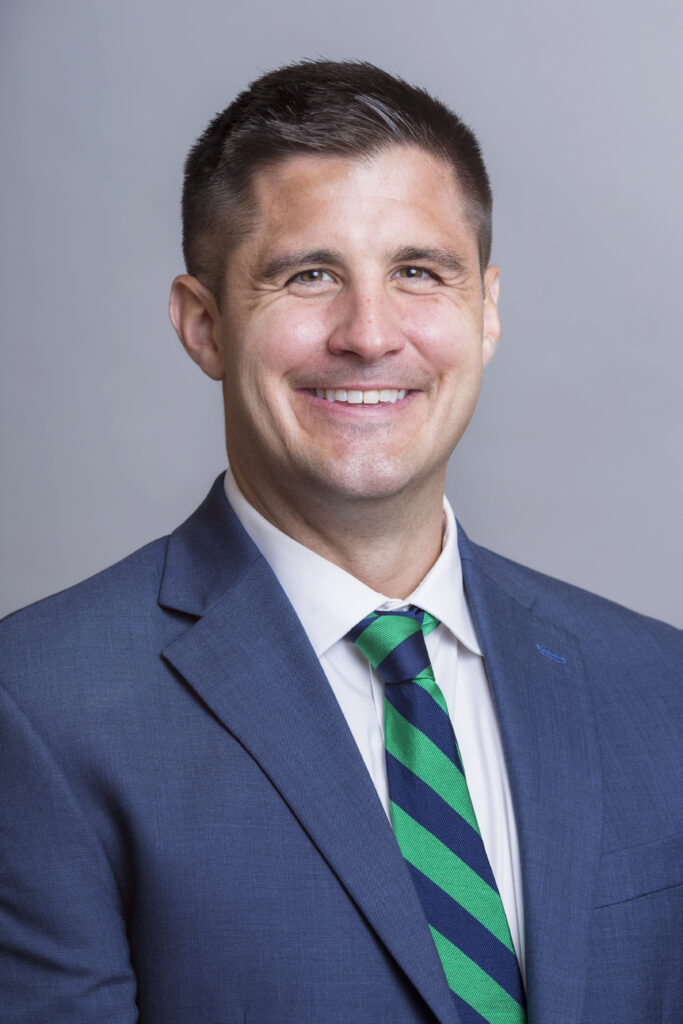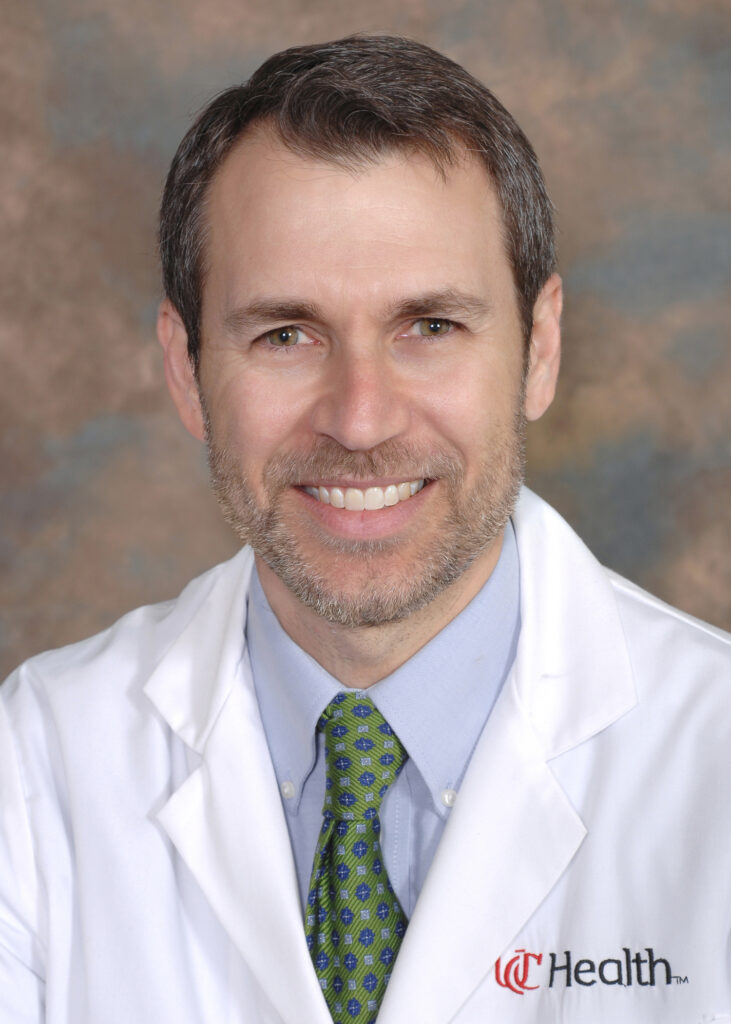It all started as a fling; harmless, unburdened. My tryst with uncertainty found its roots in those educational conferences where every case started as a mystery and was resolved with a definitive answer.
Out on the wards, there was a thrill in the chase. I was exhilarated by those opportunities to solve the mysterious fever; ensnared by the curious constellation of symptoms. Although I did feel the twinges of vulnerability that accompany any new relationship, I always took solace in the safety nets that stripped me of ultimate accountability for the patient mysteries I couldn’t solve.
These safety nets also allowed me the luxury of trial and error to see how things played out. “What if I wait a little bit longer to see if the answer declares itself,” I thought. In many cases, I had only passing encounters with these patients, handing them off to colleagues to uncover the answers that I typically never got to see. These phenomena let me suspend any negative judgment of uncertainty; I was fully engrossed in the excitement of my courtship.
As the early years passed by, we became more comfortable with one another, uncertainty, and I. I began to see uncertainty in places where I hadn’t before, laced into the everyday aspects of practice. Our relationship became more intimate, particularly as I witnessed many of my colleagues developing their own relationships with uncertainty.
But with my impending transition to unsupervised practice came the first major power struggle we would encounter; I would soon bear responsibility for all the failures and suboptimal outcomes my patients would endure. Suddenly, the romance felt like it was slipping from my grasp.
As I learned and gained experience as a provider, I recognized the growing body of knowledge that remained unknown to me. Even worse, I often struggled to differentiate between the things that were simply unknown to me and the things that weren’t knowable by anyone.
As a junior learner, I assumed that most of my uncertainty stemmed from my personal lack of knowledge since everyone with more experience seemed to have things figured out. I felt betrayed by uncertainty. Our relationship seemed easy before but now felt strained as I perceived the clear link between uncertainty and the well-being of my patients.
We came to our breaking point. The burden of responsibility for my patients just didn’t allow for uncertainty and yet it was unrelenting. Of course, it was exemplified in diagnosis. But it was also apparent in therapy and prognosis.
Most frustrating of all, it permeated every interpersonal interaction I had with patients and coworkers. “What makes people tick? How can I help them? How will they react?” Maybe it would have been fine with more time to devote to the relationship with uncertainty. But every clinician knows there’s never enough time. We can’t sit around and muse for hours about each patient without a definitive diagnosis, at least not if we want to take care of all of our patients, complete required documentation, educate and mentor learners, pursue academic endeavors, contribute to society outside of the hospital, and spend time with our families.
Uncertainty became my tormentor. I saw my patients suffer as I struggled to determine the cause of their pain. I couldn’t mitigate their fear and anxiety when I talked to them about the unknown trajectory of their disease. These failures tore me down over time and I placed much of the blame with uncertainty.
The evolution of this relationship has left me wondering what the ultimate goal should be. Is it to always be certain? I’ve witnessed the spectacle of others who exude certainty in all facets of practice. But is my envy for these individuals naïve? Does unyielding certainty (if it is not just a façade) imply a tiny scope of practice that is devoid of challenge and ambition or even worse, danger to patients as a result of the “sometimes wrong, never in doubt” syndrome?
If certainty isn’t the end game, maybe finding serenity in not knowing is the most desirable outcome. Surely this must be the only way to cope with the realization that the more we know, the more keenly we are aware of the ever-expanding pool of things we don’t know. But this path also comes with the risk of becoming overwhelmed or complacent in the context of life-long learning.
There are still moments when I feel the passion of those early days and I can still revel in the joy and wonder that can spring forth from uncertainty. Our relationship has followed the classic contour of the narrative arc; slowly nurtured in the beginning, rife with inflection points, growing with tension towards an unforeseen yet inevitable climax. It’s unclear how the denouement unfolds from here. Is this the story of the spurned lover who exacts revenge? Or is this a tale of redemption? True to form, I just cannot be certain.

Dr. Herchline
Dr. Herchline is a pediatric hospitalist, in the department of pediatrics, at Cincinnati Children’s Hospital Medicine Center, and the University of Cincinnati College of Medicine, in Cincinnati.

Dr. Warm
Dr. Warm is a hospitalist, in the department of internal medicine, at the University of Cincinnati College of Medicine, in Cincinnati.